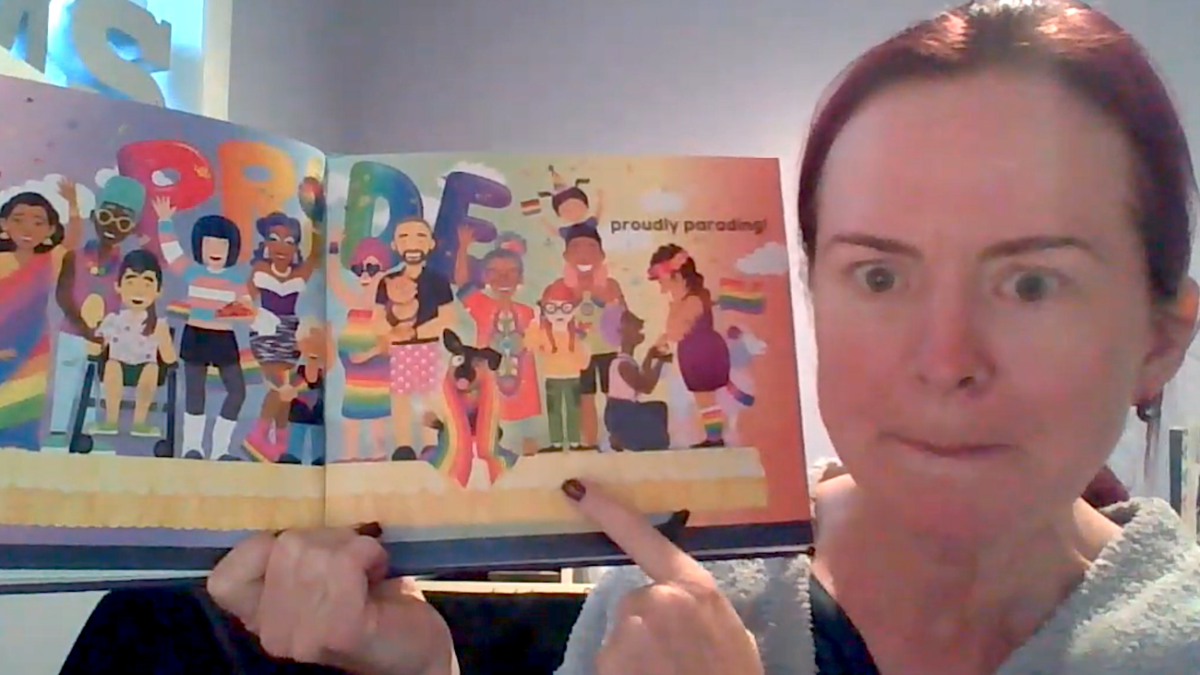Republicans in the House of Representatives are trying another path to protect religious liberty from assault by introducing an amendment to the deceptively named Respect For Marriage Act (RFMA) that would add legal protections for those who believe in traditional marriage.
The amendment, introduced by Republican Rep. Chip Roy of Texas, mirrors word for word the protections that Republican Sen. Mike Lee tried to add to the Senate’s version of the bill.
The current RFMA reaches beyond the Supreme Court’s Obergefell v. Hodges decision to make a private right of action for anyone who wants to sue Americans opposed to same-sex marriage. It also allows the Department of Justice, which faces severe scrutiny for politicization under Attorney General Merrick Garland, to go after religious Americans for their beliefs about marriage.
If Roy’s amendment passes the House, it will explicitly prohibit the federal government from taking “any discriminatory action against a person, wholly or partially on the basis that such person speaks, or acts, in accordance with a sincerely held religious belief, or moral conviction” that marriage is between one man and woman. The amendment also would give Americans’ who are targeted by the government for their beliefs about marriage a right to sue.
While Lee’s amendment failed to meet the 60-vote threshold his colleagues set, the amendment from Roy and his Republican cosponsors Reps. Byron Donalds and Doug Lamborn will serve as a litmus test for conservative legislators who say they prioritize Americans’ First Amendment rights.
“The United States Senate failed to protect Americans of faith when they voted down my friend Senator Lee’s common-sense amendment to protect religious liberty. Unless amended, the so-called Respect for Marriage Act will fundamentally alter the relationship between faithful Americans and the federal government,” Roy told The Federalist. “Luckily, we have one last chance to amend this legislation when it comes back to the House; that’s why I am introducing Senator Lee’s amendment to the House Rules committee. This amendment should be a no-brainer for every single House Republican, and every American should know whether their representative believes they should be punished for a religious belief.”
Despite the RFMA’s flaws, 47 Republican representatives voted to pass the legislation when it made its way through the House in July.
When the bill arrived in the Senate, Roy, along with legal scholar Ryan T. Anderson, penned an opinion editorial warning Republican senators that the RFMA’s “lip service to religious liberty and conscience rights” does nothing to stop vindictive leftists from “dragging good people through the court system and a public tarring and feathering in the media for those simply living their lives in fidelity to God.”
Those “good people” include wedding vendors, adoption agencies, bakeries, and any other business run by people of faith who refuse to offer services condoning same-sex marriage based on religious convictions.
Together, Roy and Anderson urged at least three of the 12 Republicans who voted to advance the bill to reconsider supporting it in its final passage. But to no avail.
Despite problems raised by Republican voters, legal organizations, churches, and religious liberty groups, the RFMA passed the upper chamber with the support of those same 12 GOP senators.
Shortly after that vote, Roy took to Twitter to urge his House GOP colleagues to vote no “on a bill that demonstrably exposes Americans to persecution for closely held religious beliefs, in addition to attacking marriage.”
Rep. Kevin McCarthy, who will likely assume the position of House speaker in January, already signaled his belief that this legislation should not be passed as is.
McCarthy told reporters early on Tuesday that he agrees with the U.S. Conference of Catholic Bishops (USCCB) which says that the RFMA would “betray our country’s commitment to the fundamental right of religious liberty.”
“Catholic Bishops say religious protections in the Respect For Marriage Act are insufficient and far from comprehensive and treat religious liberty as a second-class right. As you know, that’s currently in the Senate. Do you agree with that assessment by the Catholic Bishops?” one reporter asked.
“I agree with them, yes,” McCarthy confirmed.









